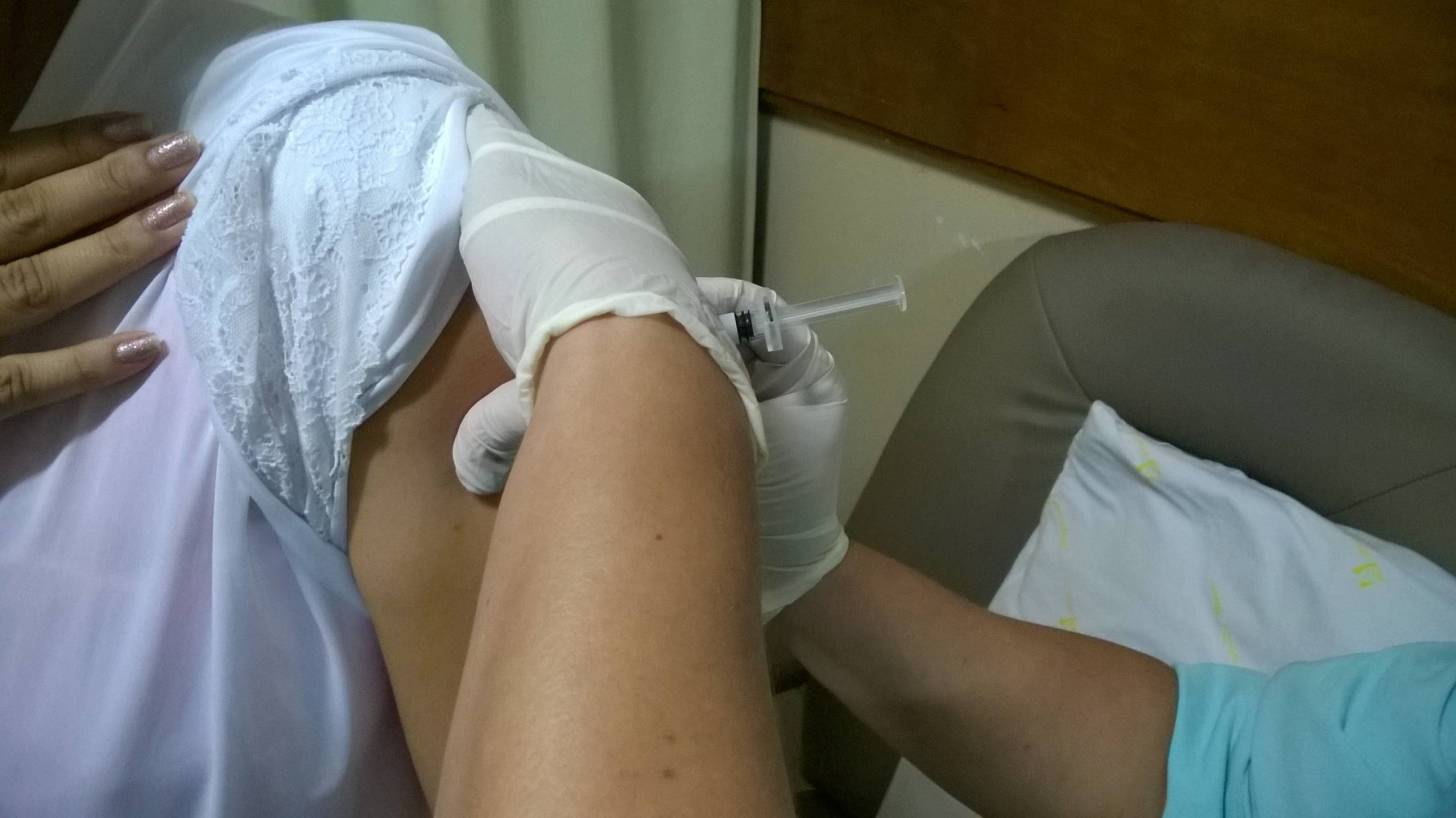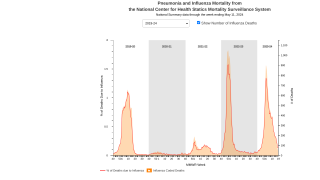Diabetics Need Flu Shots Too

Diabetes is a complex, chronic illness requiring continuous medical care with risk-reduction strategies beyond glycemic control, says the American Diabetes Association (ADA).
And one of these risk-reduction suggestions from the ADA is for diabetics to get the annual flu shot.
The ADA published on January 1, 2020, its updated “Standards of Medical Care in Diabetes,” which offers both clinicians and patients enhanced vaccination suggestions regarding diabetes care.
Since diabetes can alter a person’s immune system, fighting off infections becomes more difficult. And conditions like influenza can increase blood glucose levels leading to serious complications.
As an example, during the 2018-2019 flu season, approximately 93 percent of US adults who were hospitalized for flu-related complications had an underlying medical condition, such as diabetes.
But, according to a study published by the ADA in 2018, diabetic vaccination rates are not optimized. This ADA study’s participants were only 17.6 percent protected from influenza viruses.
Furthermore, this study’s findings suggest influenza vaccinations in patients with diabetes significantly reduces flu and diabetes-related hospital admissions.
According to the US Centers for Disease Control and Prevention (CDC) latest flu season report on December 21, 2019, there is an elevated and even widespread flu activity in all regions of the country of flu-like illness.
People with diabetes (type 1, type 2, or gestational), even when well-managed, are at high risk of serious flu complications,
And, the CDC estimated that so far this flu season, there have been at least 4.6 million flu illnesses, 39,000 hospitalizations and 2,100 fatalities related to influenza viruses.
With the 2019-2020 influenza season soon to reach its peak infectious time, both the ADA and the CDC say ‘there is still time to get this flu season’s vaccination, since the peak time for flu-related illness is during January, February, and into March in the Northern Hemisphere.’
Diabetes vaccine development news
* Diabetes, Heart, and Lung Associations Support Flu Shots
* Can Rotavirus Vaccines Reduce Type-1 Diabetes Risks
* HPV Vaccination Did Not Increase Diabetes Risk
To clarify any questions, the CDC suggests everyone 6 months of age and older should get a flu vaccine every season, with rare exceptions.
This CDC suggestion includes pregnant women. But, the CDC suggests pregnant women not get the nasal spray influenza vaccine for this current flu season.
And, people who have diabetes also should be up to date with pneumococcal vaccination to help protect against pneumococcal disease, says the CDC.
There are various influenza vaccines available at most US pharmacies for the 2019-2020 flu season. Financial support programs for flu shots can be found at Vaccine Discounts.
As always, both the ADA and the CDC say 'vaccination decisions should be part of an ongoing discussion between a provider and patient.'
If you get flu symptoms, call your healthcare provider right away.
Flu symptoms can include fever, cough, sore throat, runny or stuffy nose, body aches, headache, chills, and fatigue. Some people may also have vomiting and diarrhea, though this is more common in children.
Moreover, if you do catch the flu, antiviral medications are an important adjunct to the flu vaccine in the control of influenza. Almost all of the influenza viruses tested this season are susceptible to the 4 FDA-approved influenza antiviral medications recommended for use in the USA for the 2019-2020 flu season.
Influenza vaccine news published by Precision Vaccinations.
Our Trust Standards: Medical Advisory Committee

























